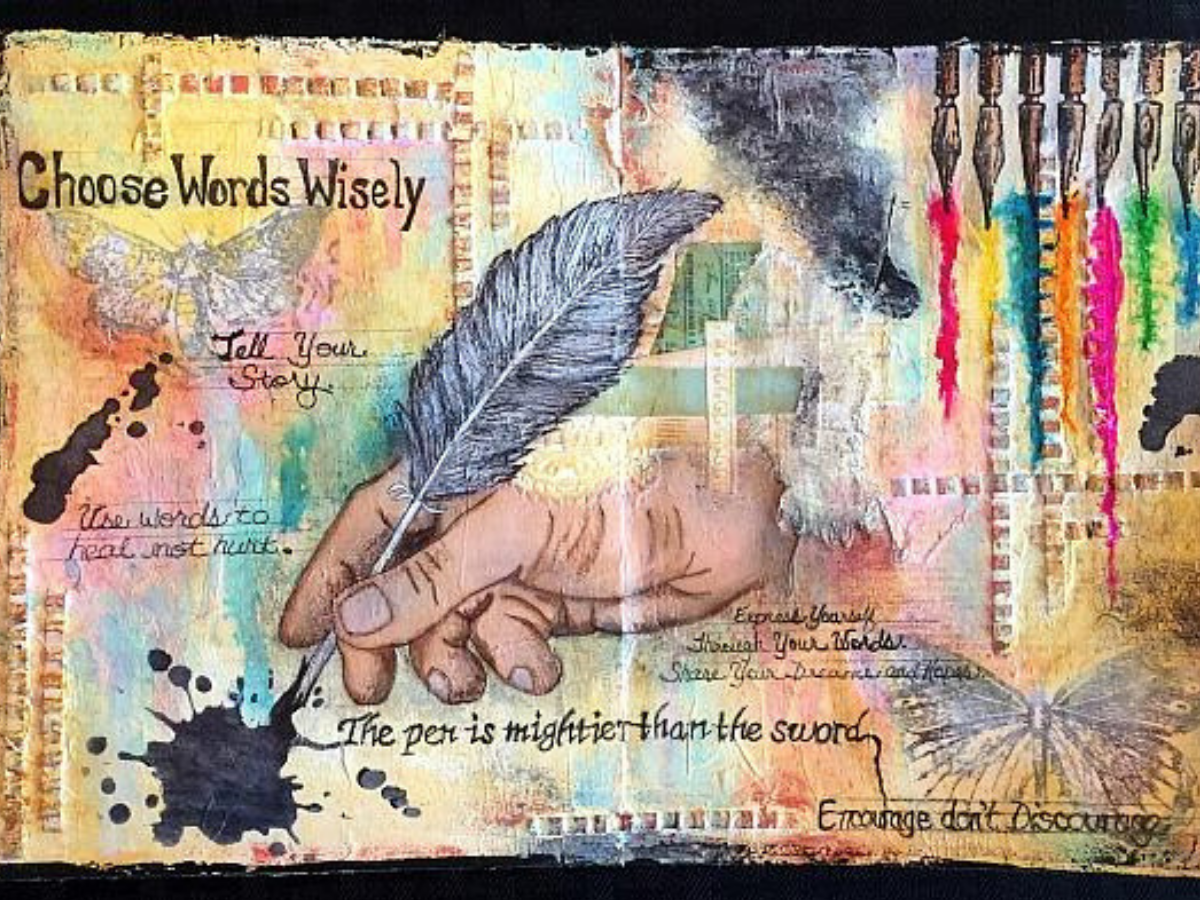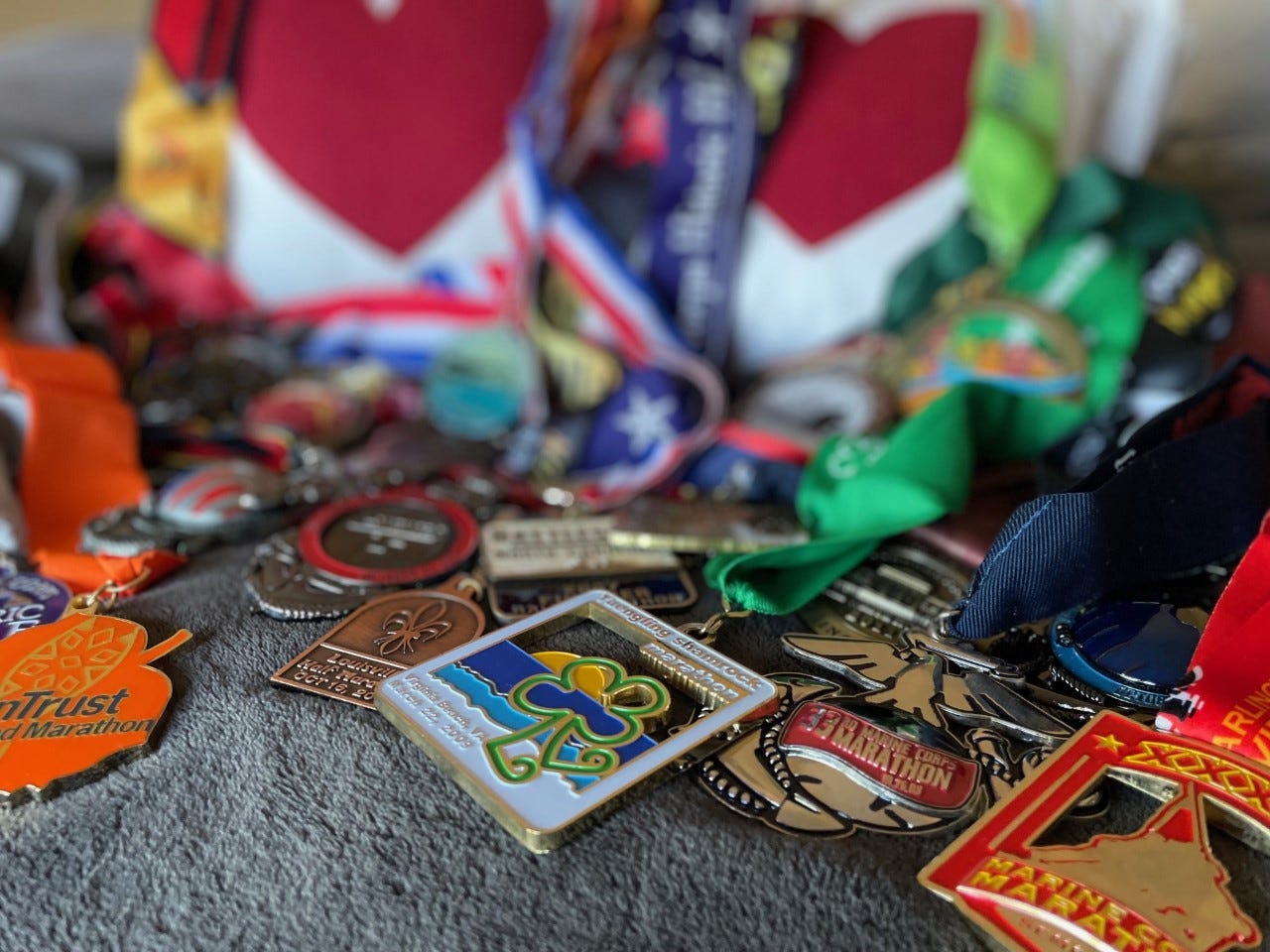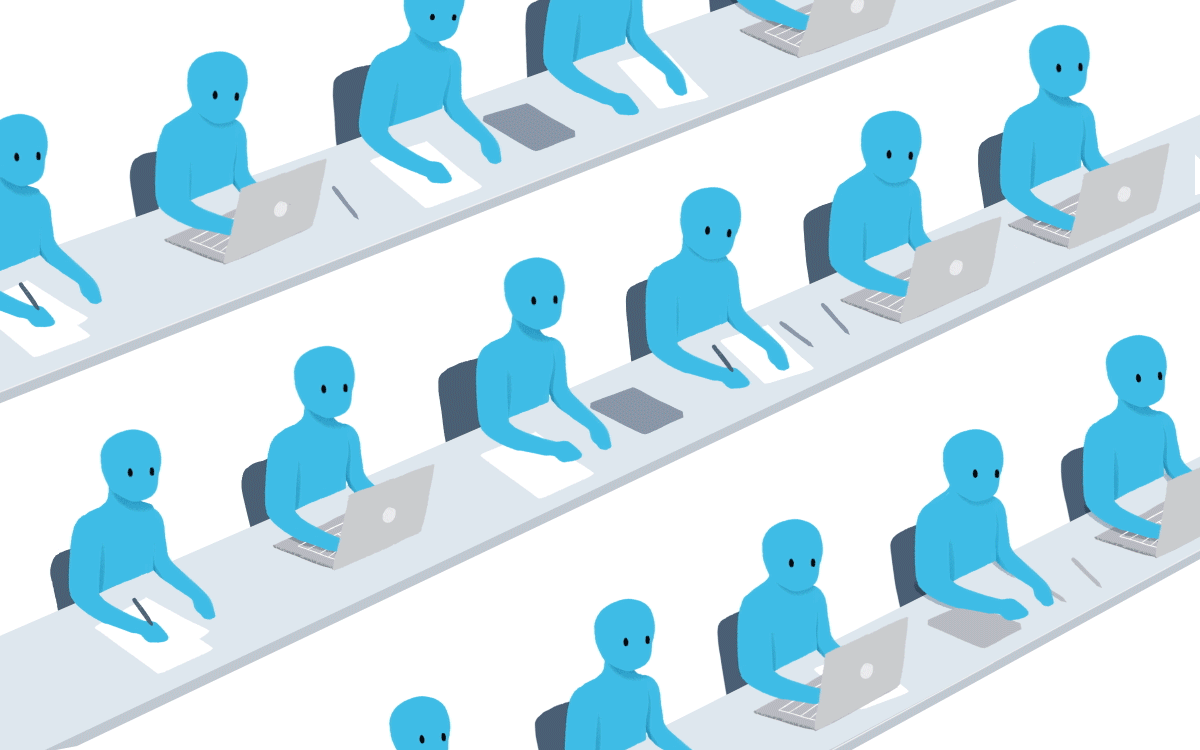You Can Say It’s Not Personal, But It Almost Always Is
There shouldn’t be a distinction between business ethics and personal ethics when people act as if there is, it says more about the person they are or rather the person they are not.
I read an article today by Ryan Fan called Casting Aside The Attitude Of ‘It’s Never Personal. It’s Just What People Do’, in which the author states:
“I know that most things in screwing someone over and robbing them of their humanity are just business. It’s just what people do. It’s not personal in the slightest.”
He goes on to say that even though many times situations that hurt other people aren’t personal, this doesn’t mean we have to stand for such a mentality.
I can understand this point of view but think there is a slightly different way of looking at it. I’d say that almost always when someone claims a decision isn’t personal, it really is. That’s because there are real live people involved.
This may seem like a silly thing to point out, but the word “personal” has the word “person” in it. Any time a situation affects someone, it is personal. Anytime we do something that impacts someone it is personal.
It’s Not Personal, It’s Just Business
The belief that the rules are different when it’s business is problematic. Saying something is not personal but is just business suggests that there is a dichotomy defining when something should be considered wrong. It’s saying that something that isn’t ethical or acceptable normally is perfectly understandable when business is involved. It also suggests that something done because of business reasons has no personal motive or personal gain that is more valuable to us than doing what is right. It excuses our behavior by suggesting all’s fair in business even when it isn’t outside of it.
As soon as we take that position, however, it’s not just business situations where we might compromise our morals. Once we accept that doing something unethical isn’t unethical as long as business is involved, there are no longer any absolutes or hard lines in the sand between right and wrong.
We want to believe we are good people, so outside of work we hold on to our ideals regarding right and wrong.. But having already accepted that there are times when we are okay with this line not necessarily existing, the mentality of acting in a way that benefits us even when it harms someone else leads us to do the right thing only when it serves us in some way. The boundary between what is ethical and what is not ethical shifts the blurs.
This is what’s referred to as a slippery slope. When we’ve done something once, it’s easier to do it a second time. When we believe something is fine in one setting, it’s easier to come to believe it’s fine in another one as well.
Don’t Take Things So Personally
Furthermore, when we tell someone to not take something personally, we are dismissing their feelings and their right to feel what they do. It doesn’t solve the situation. They don’t suddenly realize they shouldn’t react the way they are and stop. And it definitely doesn’t strengthen the relationship between us and the person we are speaking to.
But a person who tries to claim that hurting someone else is okay to get what they want because it’s business doesn’t care about other people’s feelings, solving a problem or strengthening a relationship. They don’t want to have to deal with any of this. They just want to move on without any messiness or discomfort or being in a situation that requires them to take the time to help someone else through a problem situation they’ve caused.
The Take Away
Falling back on the saying that something isn’t personal but is just business allows us to dismiss our responsibility for participating in an act that unjustly harmed someone else. But make no mistake about it, when you treat someone unfairly or take advantage of them in a business setting, it’s not only personal to them but it’s personal to you as well.
Face it — if you took the ethical road, and refused to do it, you would lose something that you wanted — your job, a larger profit, saving money on benefits or salary, a job slot for someone specific you have in mind, or perhaps even just a favor to call in at a future date. That makes it personal.
Because we are people and not robots, whatever we do, and most importantly how we treat each, is not just related to who we are it very much defines who we are.
So the question is, what kind of person do you want to be?
Thanks to Ryan Fan for inspiring this piece.
If you enjoyed reading this piece, you might also enjoy these:
You can find links to my other work on Medium and follow me here. Thank you for reading and for your support.








